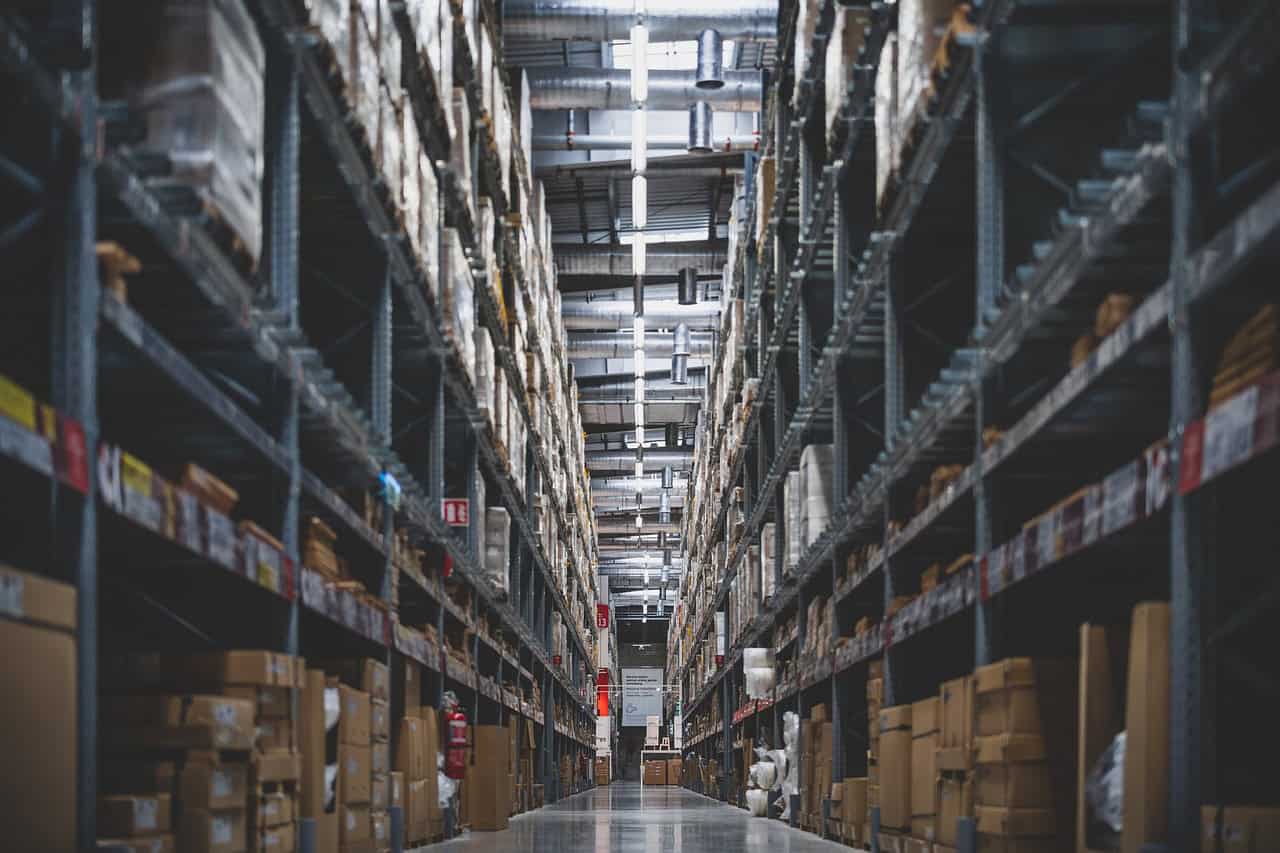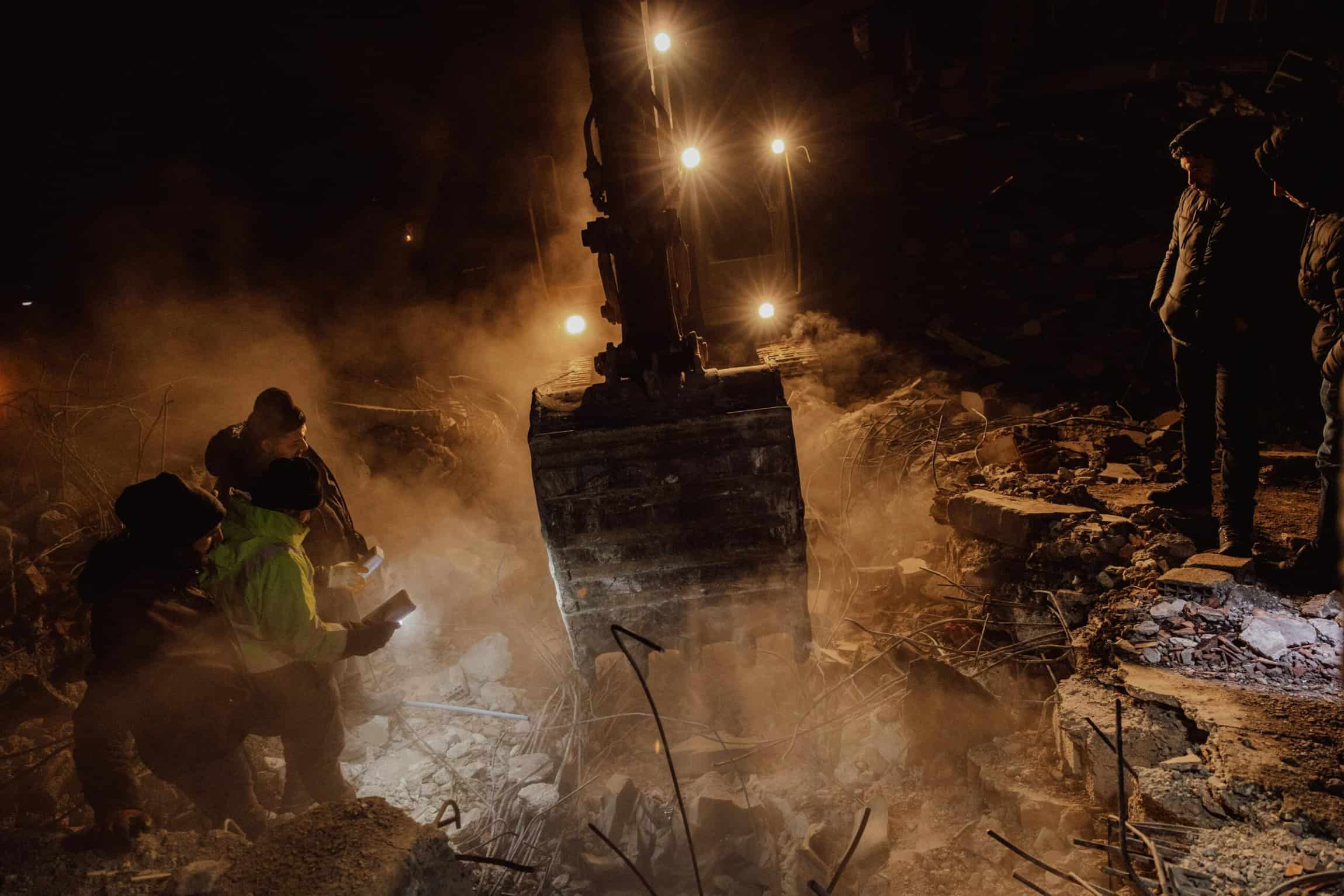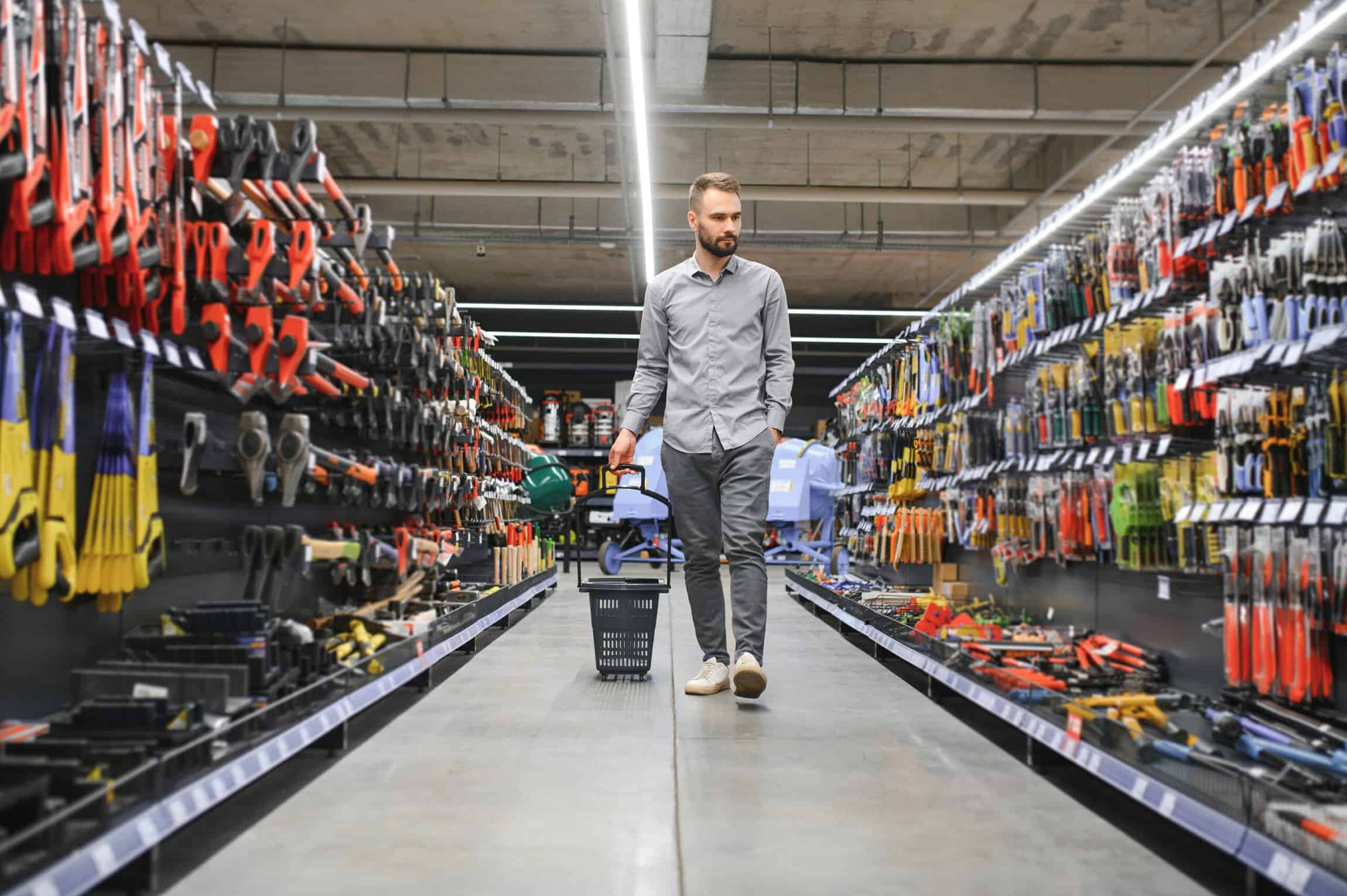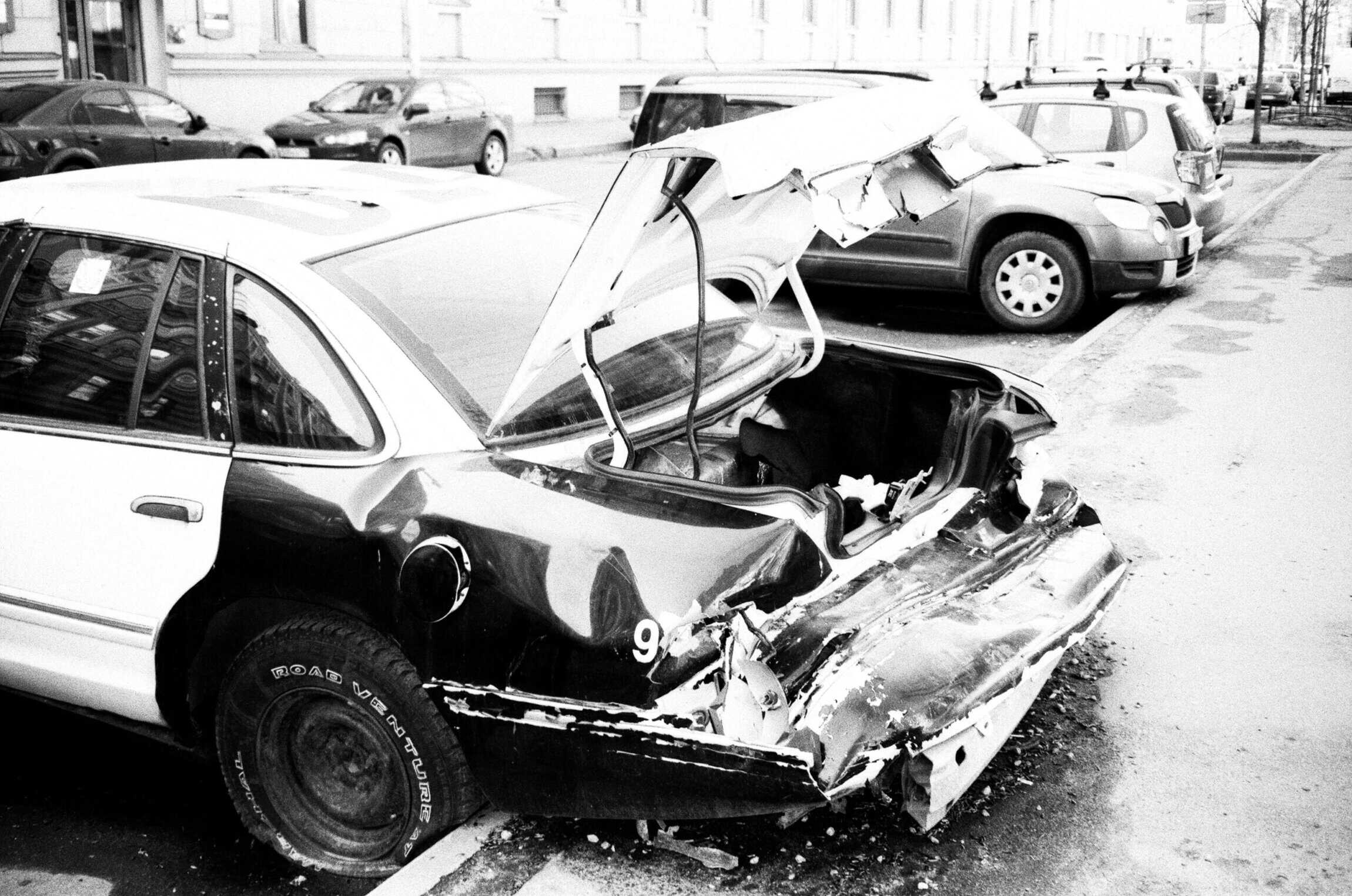Warehouse safety is something that all employees in this setting must pay attention to, not least because the non-fatal injury rate is higher in this setting than any other. While a Virginia worker’s compensation lawyer can help file a claim if you do suffer a work related injury due to your employer’s negligence, it’s imperative that you take the necessary steps to prevent common injuries.
Improved warehouse safety will additionally allow you to remain productive and happier in the workplace while also preventing issues that could severely impact your personal life. The following advice will help you stay aware of potential threats from back injuries to forklift accidents along with the best ways to combat them. Here’s all you need to know.
Back Injuries
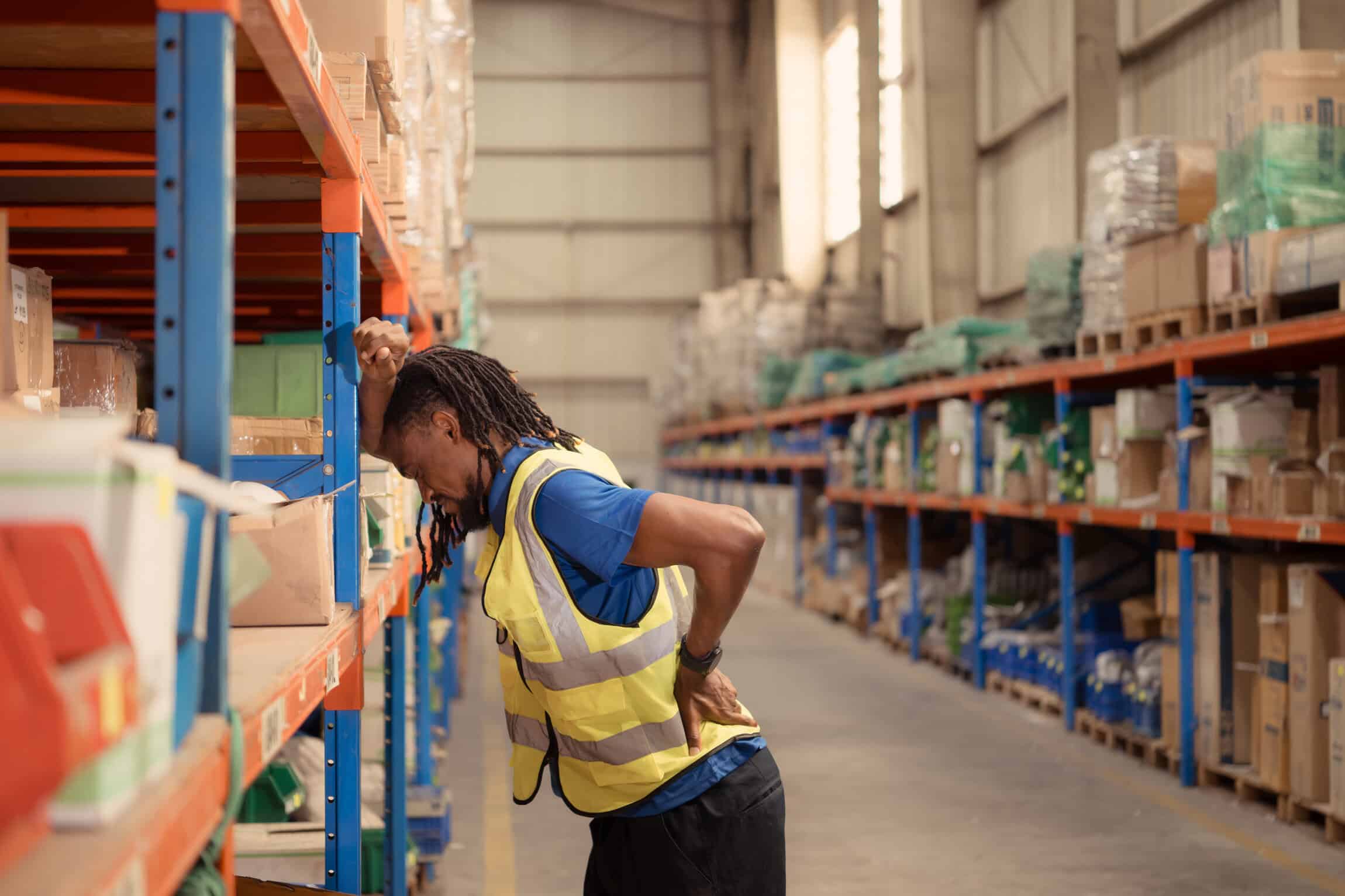
Back injuries occur when there is damage to bones, joints, muscles, nerves, or connective tissue while they are often categorized as upper, middle, and lower back pain. Low back pain is particularly prevalent in warehouse workers with up to 24% of young employees experiencing this problem.
Symptoms include pain, stiffness, and general discomfort that often worsens when lifting or bending. In turn, this can impact an employee’s health as well as their performance in the workplace. Common causes of back injuries in warehouses include impact trauma, poor posture, sprains and strains, fractures, and arthritis. It is crucial to file a workers compensation claim for back injuries to ensure proper medical care and legal protection.
To prevent back injuries and maintain good warehouse safety, you must;
- Always implement proper lifting techniques as shown in staff training,
- Use the right warehouse equipment such as forklifts and scissor lift tables,
- Test lifting equipment and safety products before using them,
- Avoid manually lifting excessively heavy items.
Aside from promoting better warehouse safety, taking these steps would support you in any subsequent case involving a Virginia worker’s compensation lawyer.
Slip & Falls
Slip and fall accidents are the second most common injuries in this work setting. It is not surprising to learn this given the fast-paced nature of the warehouse, as well as potential risk factors ranging from wet and slippery floors to uneven surfaces or uncovered manholes.
Falls may occur from slipping on a surface, falling from a height, falling due to improper lifting techniques, or misuse of equipment. Either way, it could cause a variety of injuries ranging from minor bruises to broken bones or concussions. In the worst cases, falls could cause fatalities.
For an injured worker, it is crucial to understand the immediate steps to take following an injury and the importance of having experienced legal representation to navigate the complex claims process.
To mitigate the risk of falls, you must;
- Wear personal protective equipment and footwear,
- Wear fall prevention device if working at height,
- Check that any equipment used at height has been regularly maintained,
- Ensure that workspaces are well lit or wear helmets with a spotlight,
- Familiarise yourself with the layout of the warehouse.
From preventing falls to reducing their impact, it’s vital that you take control of the situation. As well as protecting productivity, it could save lives.
Strains and Sprains
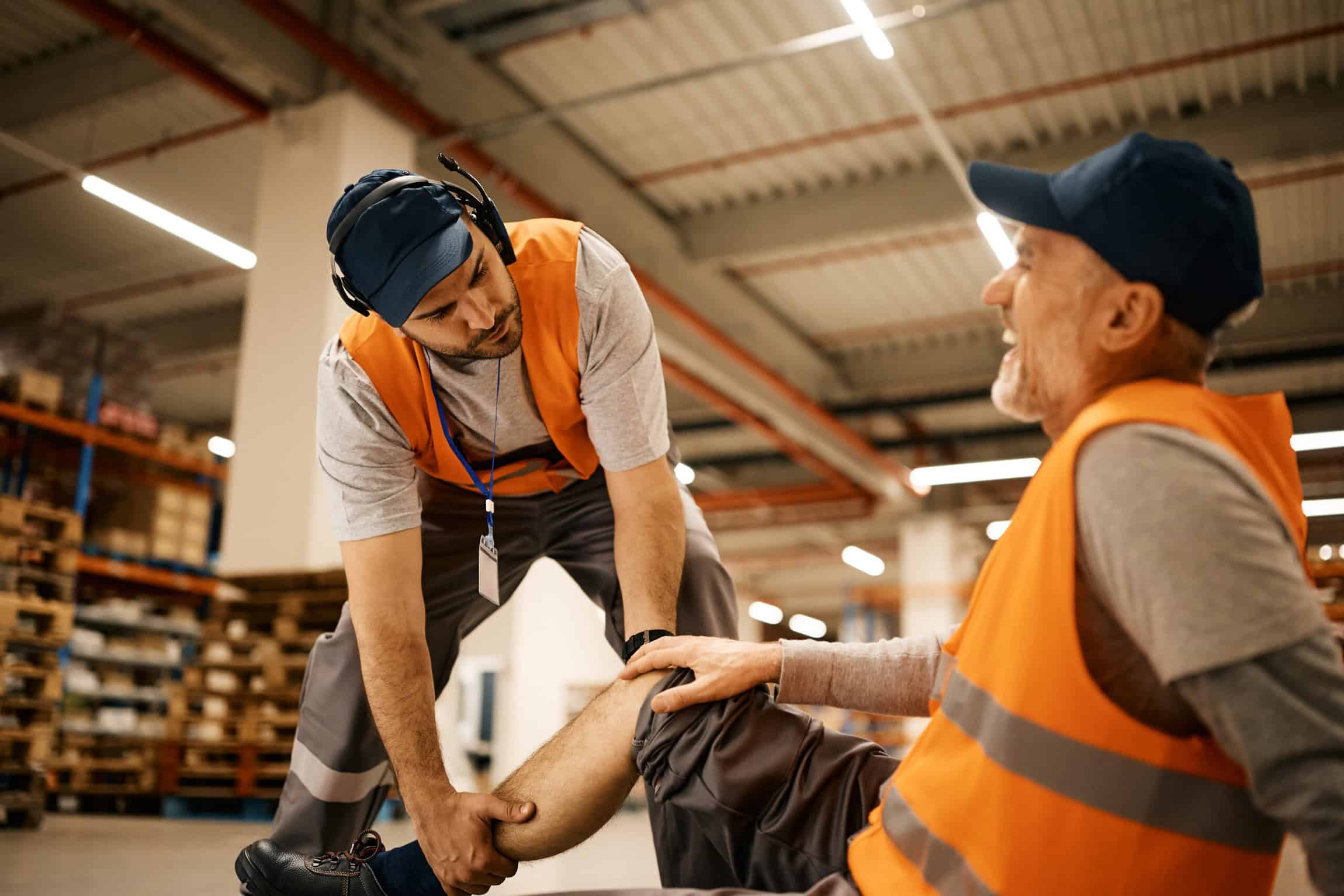
Strains and sprains are a fairly frequent threat to warehouse safety. They affect the muscles (strain) and ligaments (sprain) while they are most commonly caused by overstretching. As well as the back, employees may experience these problems in the ankles, hamstrings, hands, and elbows.
While strains and sprains aren’t life-threatening, they may leave employees unable to work for several weeks. As a business, you may be liable for lost wages and medical expenses. Given that they can occur due to repetitive motions or poor body mechanics when lifting, it’s no surprise that they are among the most common injuries. Understanding workers compensation claims is crucial for effectively managing the complexities and legal intricacies involved in filing for benefits following such injuries.
Strains and sprains can be prevented by;
- Begin each shift with a few minutes of stretching.
- Use automated tools that allow you to reduce the amount of strain on your body,
- Focus on ergonomics like aisle width and organized storage.
- Take regular breaks and mix up their tasks to avoid repetitive motions.
It may also be worth having a physical therapist visit the warehouse periodically to discuss concerns with employees.
Cuts and Lacerations
Warehouse workers are at greater risk of cuts and lacerations than in most settings due to the tools used. Even small cuts can pose risks like infections while lacerations may cause employees to pass out due to a lack of blood. Both of these common injuries are combined with pain ranging from mild to severe.
Cuts and lacerations can occur in any of the 21,000+ warehouses in America. They are often caused by improper equipment use, distractions, or not following safety procedures. Fatigue and working in a hurry may also cause significant problems. Injuries will bring productivity to a halt, which is why you must prevent them.
To do this successfully, you should;
- Make yourself familiar with tools, machinery, and safety procedures.
- Maintain sharp tools and ensure that the right tools are used for each job.
- Keep warehouses clean and organized at all times.
- Use the right PPE, confirming that all products actually fit you.
Even with the above steps in place, prevention isn’t always possible. Therefore, proper wound care will be key to preventing escalating damage.
Forklift Accidents
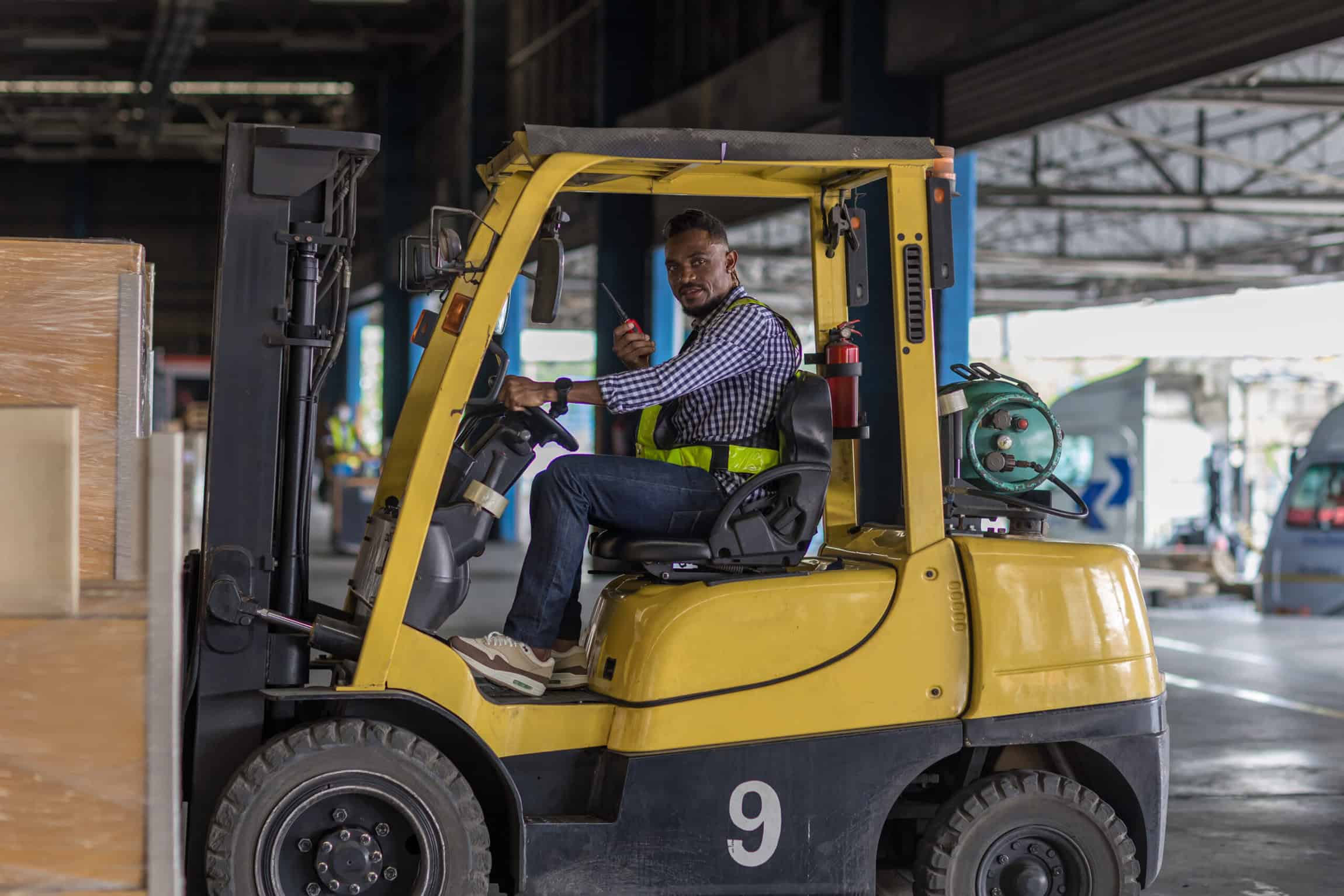
Forklift accidents are one of the more common reasons why workers call a Virginia worker’s compensation lawyer, but the right precautions should help you avoid the problem. Likewise, it can be vital for avoiding painful recurrences of existing injuries. So, prevention is vital for your personal life as well as your career.
Forklift accidents may be caused by speeding, collisions, loose loads, faulty equipment, or tipping pallets. Whatever the reason, injuries could include amputation, crush injuries, whiplash, falls, cuts, concussions, and more. Worse still, it’s not only the forklift operator who is at risk. All warehouse workers are in danger.
To prevent forklift accidents, you must;
- Complete all training and refresher courses.
- Use sufficient markings and a suitable warehouse layout.
- Check that all loads are tightly secured and not elevated.
- Avoid dangerous practices like giving lifts on forklift masts.
When used correctly, forklifts go a long way to making the warehouse a safer environment. But they should be regularly serviced too.
Workers Compensation Benefits Overview
In Virginia, workers’ compensation provides essential support for employees injured on the job, covering medical treatment, lost wages, and disability benefits. Understanding the Virginia workers compensation system and working with an experienced Virginia Workers’ Compensation Lawyer is crucial for securing these benefits.
Lifetime Medical Treatment
Workers’ compensation covers necessary medical expenses, including doctor visits, surgery, and rehabilitation. Choosing an approved healthcare provider ensures your claim is processed smoothly. The Virginia Workers’ Compensation Commission plays a crucial role in processing these claims.
Lost Wages
If your injury prevents you from working, you can receive wage replacement benefits, typically two-thirds of your average weekly wage. Benefits vary based on your injury:
- Temporary Total Disability (TTD): For workers unable to work temporarily.
- Temporary Partial Disability (TPD): For those working in a reduced capacity.
- Permanent Total Disability (PTD): For severe injuries permanently disabling an employee from returning to any work.
- Permanent Partial Disability (PPD): For lasting impairments to an extremity, loss of vision or hearing, that still allow some level of work.
An experienced workers compensation attorney can help you determine which lost wages you qualify for.
Death Benefits
In fatal cases, death benefits provide financial support to the deceased worker’s dependents, covering funeral expenses and more.
Consulting experienced Virginia workers compensation attorneys is crucial for securing these wrongful death benefits and ensuring that the dependents receive the support they deserve.
Reach Out To a VA Workers’ Compensation Lawyer
Warehouses are potentially dangerous settings where back injuries, falls, lacerations, sprains, and forklift accidents are just some of the potential risks.
If you have experienced any of these injuries, reach out to an experienced Virginia Workers’ Compensation Attorney for help with your case. The trusted lawyers at Renfro and Renfro is eager to get you the compensation you deserve. Contact us today for a free consultation.

